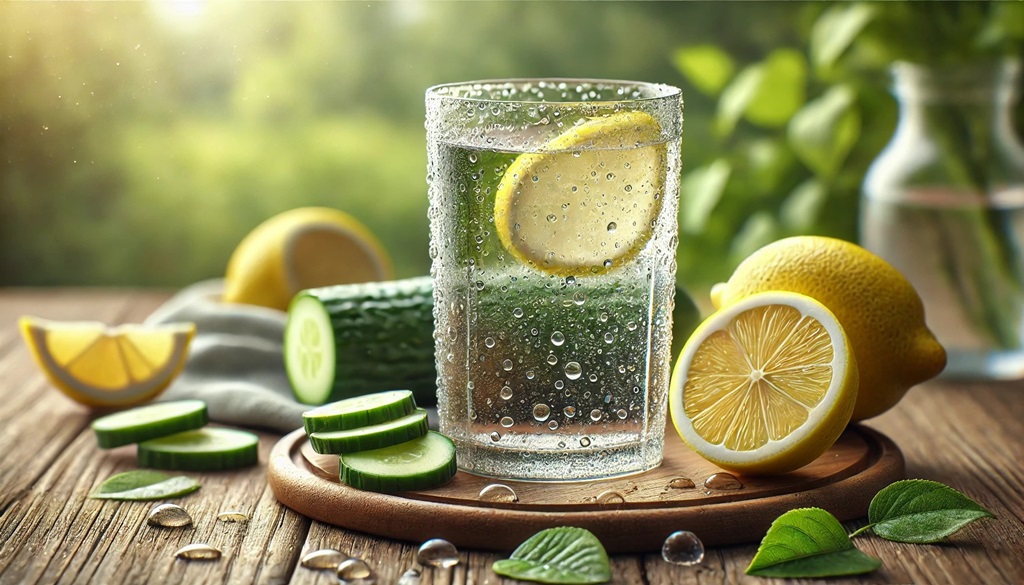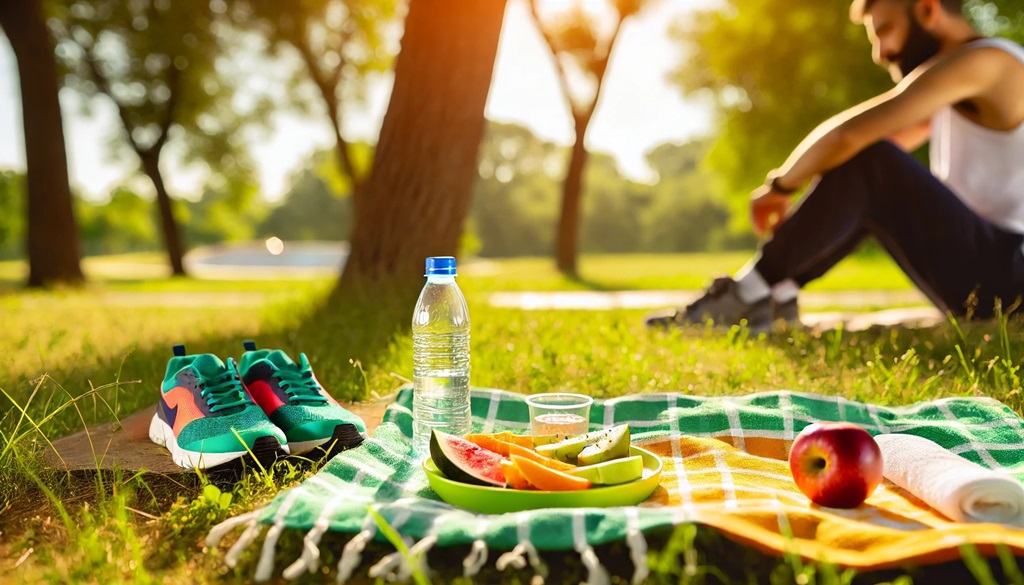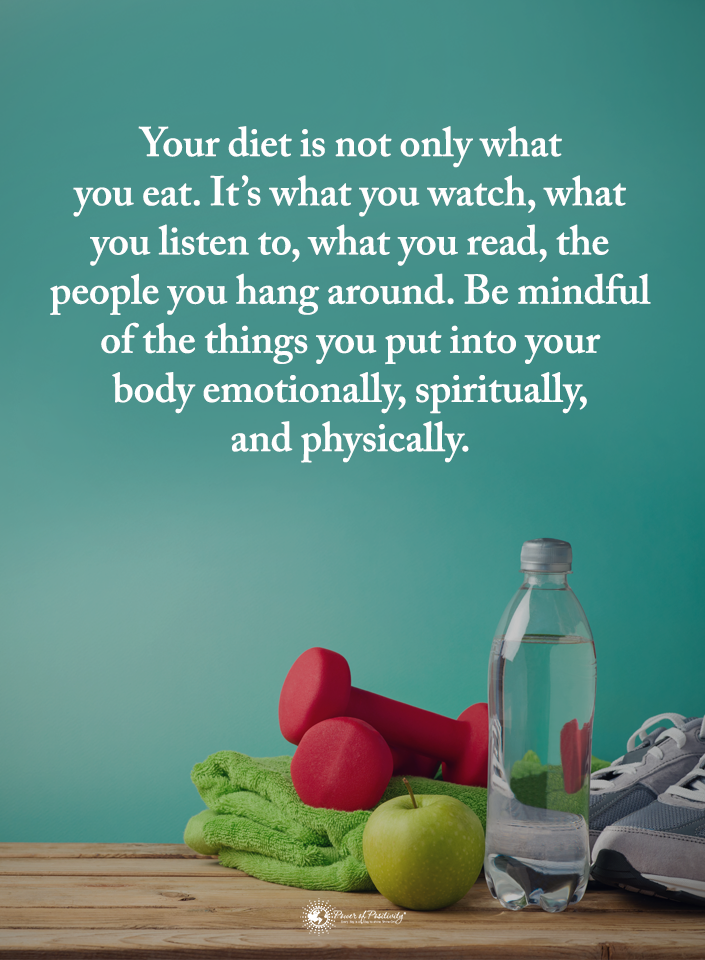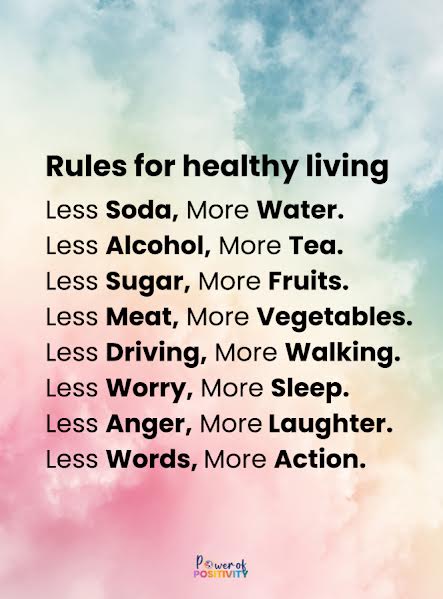Dehydration can sneak up on you—after a sweaty workout, a long day in the sun, or even a mild illness. When it hits, knowing how to rehydrate fast can make all the difference.
You want to feel better, and you want it now. The good news? Rehydration doesn’t have to be complicated.
In this guide, we’ll show you simple yet powerful methods to help you bounce back quickly, feel energized again, and stay hydrated moving forward. Ready to get back to your best self? Let’s dive in.
How Dehydration Affects Your Mind and Body

When your body starts running low on fluids, it’s not just about feeling thirsty—there’s a whole cascade of effects that can throw your system off balance.
Even mild dehydration can lead to symptoms like headaches, fatigue, and dizziness. But it doesn’t stop there.
Mental Performance
Dehydration can quickly cloud your thinking. You might find it harder to concentrate, solve problems, or even recall simple information.
Your brain is made up of around 75% water, so when those levels dip, it’s no surprise that your cognitive functions take a hit.
Physical Performance
Whether you’re working out or just going about your day, dehydration can drag you down. Muscles can cramp up, energy levels can dip, and you may even feel faint if it gets bad enough.
Your body relies on water to regulate temperature, lubricate joints, and fuel your muscles. Without it, everything slows down.
The longer dehydration goes untreated, the more severe the consequences. Left unchecked, it can lead to more dangerous issues like heat exhaustion, kidney problems, or even organ failure in extreme cases.
So, if you’re feeling sluggish, foggy, or just off, your body might be sending you a not-so-subtle signal: rehydrate now, and don’t wait until it gets worse.
Top 8 Ways to Rehydrate Quickly

When dehydration strikes, knowing how to rehydrate fast with simple remedies is essential.
From sipping on lemon water to replenishing electrolytes, these remedies will quickly restore your fluid levels and help you bounce back.
Whether it’s after a workout, during a heatwave, or recovering from an illness, these tips will have you feeling better in no time.
1. Drink Water with Electrolytes
Plain water is good, but it’s not always enough. When you’re dehydrated, you’re losing more than just fluids—you’re also losing vital electrolytes like sodium, potassium, and magnesium.
Reaching for water enriched with these electrolytes is one of the quickest ways to rehydrate and maintain your body’s balance.
For effective rehydration, practicing ad libitum intake—drinking freely until fully satisfied—can ensure your body gets what it needs without restriction.
2. Consume Hydration-Boosting Foods
Sometimes, drinking water isn’t enough, and that’s where hydration-boosting foods come in. These foods not only add fluids but also provide essential vitamins and minerals to support your body’s recovery.
Incorporating these into your diet can give you a hydrating edge, whether as snacks or part of your meals. Here are ten top hydrating foods:
- Watermelon
- Cucumber
- Strawberries
- Lettuce
- Celery
- Oranges
- Zucchini
- Tomatoes
- Bell peppers
- Grapefruit
3. Use Oral Rehydration Solutions (ORS)
Oral Rehydration Solutions (ORS) are specially formulated to treat dehydration, especially in cases of severe fluid loss due to diarrhea, vomiting, or intense exercise.
These solutions contain a precise mix of salt, sugar, and water to help your body absorb fluids more effectively.
They work faster than water alone because the glucose in ORS helps increase the absorption of sodium and water in the intestines, making them a powerful tool for quick rehydration.
4. Drink Low-Sugar Sports Drinks
Sports drinks are designed to replenish electrolytes and fluids, making them a popular choice for athletes.
However, not all sports drinks are created equal. It’s best to choose low-sugar versions that provide the necessary electrolytes without the excess sugar, which can sometimes do more harm than good.
These drinks are particularly effective during and after strenuous exercise, where electrolyte loss can be high.
5. Sip Coconut Water
Coconut water is often hailed as nature’s sports drink, and for a good reason. It’s naturally rich in electrolytes like potassium, magnesium, and sodium, making it an excellent choice for rehydrating your body.
Coconut water is also low in calories and sugar, making it a healthier alternative to traditional sports drinks. Plus, its light and refreshing taste make it an enjoyable way to boost your hydration.
6. Eat Soups and Broths
When you’re feeling dehydrated, a warm bowl of soup or broth can be incredibly soothing while also providing much-needed fluids and electrolytes.
These liquid meals are especially helpful when you’re recovering from an illness or if you’re not in the mood to drink large amounts of water. Here are ten top hydrating soups and broths:
- Chicken broth
- Vegetable soup
- Miso soup
- Beef broth
- Tomato soup
- Bone broth
- Pho
- Lentil soup
- Ramen (broth-based)
- Butternut squash soup
7. Avoid Caffeinated or Alcoholic Drinks
While it might be tempting to reach for a coffee or a cold beer, these drinks can actually worsen dehydration.
Both caffeine and alcohol act as diuretics, which means they increase urine production and can lead to further fluid loss.
When you’re trying to rehydrate, it’s best to avoid these beverages and opt for water, herbal teas, or other non-caffeinated drinks instead.
A study compared coffee drinkers with those consuming only water and found that while coffee increased urine output, the overall hydration of habitual coffee drinkers remained stable.
However, when focused purely on rehydration, water remains the more effective choice.
8. Try Rehydration Powders or Tablets
Rehydration powders or tablets are convenient, portable options that can quickly turn a regular bottle of water into an electrolyte-rich drink. These products are especially useful when you’re on the go or after a particularly tough workout.
They’re formulated to restore the electrolytes you lose through sweat, making them an effective and easy way to rehydrate. Simply mix them with water, and you’re ready to go.
Can natural remedies help with rehydration?
How Long Does It Take to Recover from Dehydration?

Recovering from dehydration isn’t a one-size-fits-all process—it depends on how severe the dehydration is and factors like age, health, and activity level.
The body’s response can range from a few hours to over a day, depending on the situation.
- For mild dehydration, where you might experience symptoms like thirst, dry mouth, or slight fatigue, rehydration usually happens within a few hours. Drinking water consistently, along with consuming foods rich in water and electrolytes, can help restore fluid balance quickly.
- Moderate dehydration may require a bit more time, especially if you’ve lost a significant amount of fluids through exercise, heat exposure, or illness. In this case, it can take between 12 to 24 hours to fully recover. Rehydration solutions or electrolyte drinks can speed up the process.
- For severe dehydration, where symptoms include dizziness, confusion, or very low urine output, recovery could take up to 36 hours or more, depending on how quickly medical treatment is administered. In severe cases, it’s crucial to seek medical attention, as intravenous fluids may be needed to restore hydration levels.
The key to a faster recovery lies in responding early. The longer dehydration persists, the more time it takes to reverse it.
So, knowing the signs and acting quickly can make all the difference.
When to Seek Medical Help
If you experience severe symptoms like confusion, low urine output, or a rapid heart rate, it’s crucial to seek medical attention immediately.
These signs indicate that dehydration has reached a critical level, and professional intervention, such as intravenous fluids, may be needed to prevent serious complications.
Practical Tips to Prevent Dehydration
Staying hydrated is easier with a few simple habits:
- Monitor Fluid Intake: Track how much water you drink and aim for at least 8 cups daily, adjusting as needed based on activity or climate.
- Eat Water-Rich Foods: Add hydrating foods like watermelon, cucumbers, and oranges to your meals.
- Adjust for Conditions: Drink more water during hot weather, intense exercise, or when feeling unwell.
- Keep Water Handy: Carry a water bottle with you to sip throughout the day.
- Stay Ahead of Thirst: Don’t wait until you’re thirsty—drink water regularly to prevent dehydration before it starts.
Preventing and Reversing Dehydration
Hydration isn’t just about chugging water when you feel parched—it’s a daily habit that supports your energy, focus, and long-term longevity, keeping you ready to tackle whatever life throws your way.
Whether you’re recovering from dehydration or just trying to avoid it altogether, a little effort goes a long way.
So, keep those water bottles filled, snack on juicy fruits, and remember—staying hydrated is one of the easiest ways to keep your body in top shape.
After all, you’re about 60% water—don’t let your levels run low!
The post How to Rehydrate Fast: Best Ways to Recover Quickly appeared first on Power of Positivity: Positive Thinking & Attitude.





